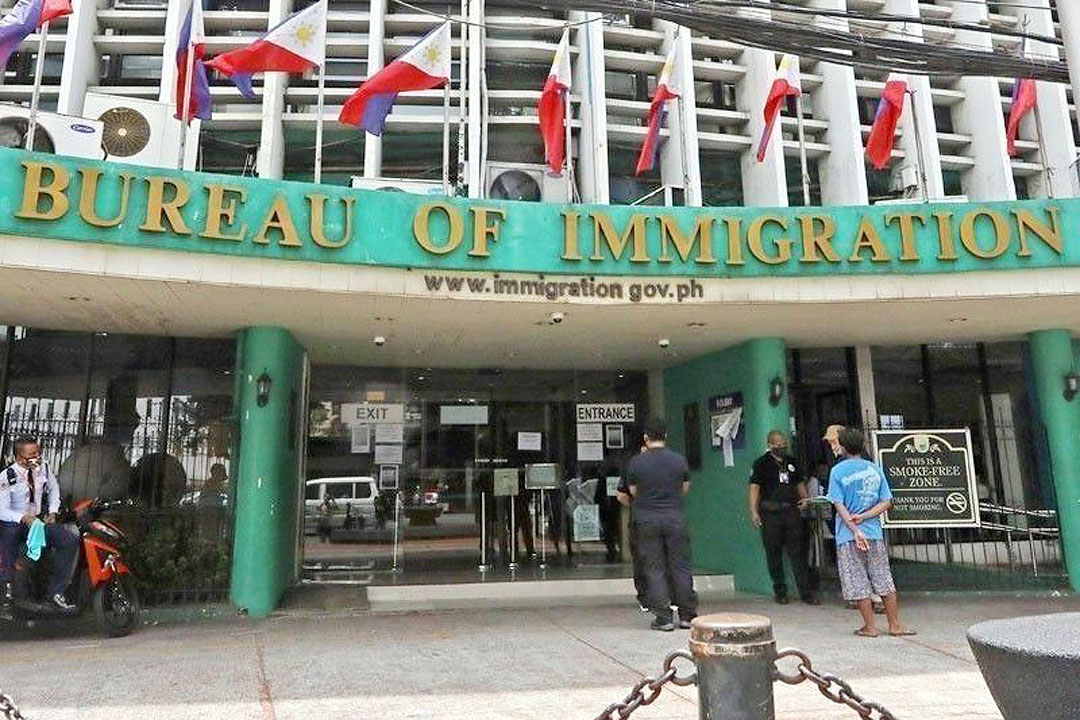
THE BUREAU of Immigration (BI) said on Sunday that it monitors over 70% of international flights using a digital passenger screening system that flags travelers listed under international alerts.
Immigration Commissioner Joel Anthony M. Viado said the Advance Passenger Information System (APIS), part of the agency’s ongoing modernization push, allows authorities to identify potential threats even before passengers land. “Technology is a vital tool in protecting our borders,” Mr. Viado said in a statement.
The BI’s APIS Operations Center (APOC) on Oct. 4 flagged a Canadian national listed under an Interpol alert for banking and financial fraud, while he was still airborne en route to Ninoy Aquino International Airport (NAIA).
He was denied entry upon arrival, while another unidentified foreign national, described by BI as a suspected terrorist, was also denied entry.
The United Nations goTravel APIS project, funded by the Australian Government through the United Nations Office of Counter-Terrorism, currently receives advance passenger information from 22 airlines, accounting for 70.84% of arrivals and departures across international airports throughout the Philippines.
Meanwhile, BI’s Fugitive Search Unit arrested seven South Korean nationals allegedly operating small-scale online gambling workstations in a condominium in Clark Freeport Zone, Pampanga, on Oct. 13. One of the suspects had been previously listed as wanted for overstaying after prior Philippine offshore gaming operators were shut down, indicating the persistence of illegal offshore gaming operations.
In Iloilo on Oct. 10, BI intercepted two Filipino passengers attempting to travel to the Kingdom of Tonga in the South Pacific for employment as store cashiers after they paid recruiters between P8,000 and P14,000 and initially misrepresented their travel purpose. Tonga is on the US State Department’s Tier 2 Watch List for human trafficking. — Erika Mae P. Sinaking



